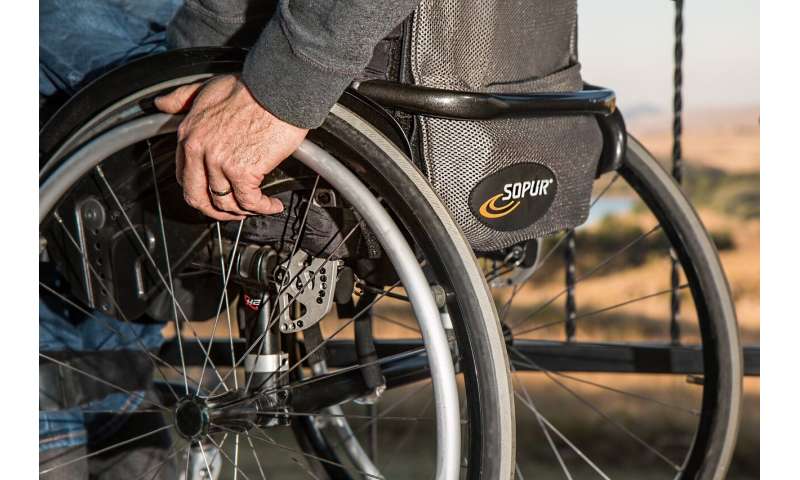
A team of researchers and patient advocates have addressed the challenges related to traveling after receiving 177Lu-DOTATATE radiation therapy in a study published in the April issue of The Journal of Nuclear Medicine. Due to the residual radiation activity of 177Lu-DOTATATE, neuroendocrine tumor patients have experienced travel delays at U.S. ports of entry. It is recommended that patients carry a travel card containing treatment information after each therapy cycle and for an additional three months after therapy has concluded to avoid travel delays.
“Disruption in travel, especially if not anticipated, can be extremely distressing for patients who have enough to deal with already. For many such patients, this travel is meant to take the mind off of their disease. Being stopped at borders of entry is, without a doubt, potentially traumatic,” said Thorvardur R. Halfdanarson, MD, professor of oncology at the Mayo Clinic Cancer Center in Rochester, Minnesota.
Approved by the U.S. Food and Drug Administration (FDA) in 2018, 177Lu-DOTATATE has been used for the treatment of advanced somatostatin receptor-positive gastroenteropancreatic neuroendocrine tumors by over 150 hospitals and medical centers throughout the United States. The radiation activity from the treatment is not harmful to others, but it can be detected by sensitive radiation detectors at international airports and border crossings by boat, car or foot and can lead to travel delays. Furthermore, the metastable isotope 177mLu, which is present after treatment with 177Lu-DOTATATE, can be mistaken for plutonium at ports of entry as plutonium and 177mLu have some coincidental similarities in their radiation signatures. This can contribute to additional wait times.
To alleviate potential delays while traveling, the study authors recommend that patients be given a travel card containing the patient’s personal information, type of radiation received, dose of radiation administered and date of administration. The card should also include information about the treating institution and contact information with 24-hour access if further information is required. In addition, patients should carry a copy of their most recent clinical notes in a single envelope that is easily accessible when going through U.S. ports of entry and high-security areas.
According to Halfdanarson, providing education for patients and treating physicians is key. Physicians should advise patients that they may be delayed at various points of travel and that they should allow extra time when traveling, especially when transferring between international and domestic flights. Frequent communication between the FDA, Nuclear Regulatory Commission, Customs and Border Protection (CBP) and researchers should continue in order to keep the staff up to date on the current use of medical isotopes and to help CBP make appropriate radiation-detection equipment choices. Training and improvements in detection technology can help mitigate the travel delays.
Source: Read Full Article
